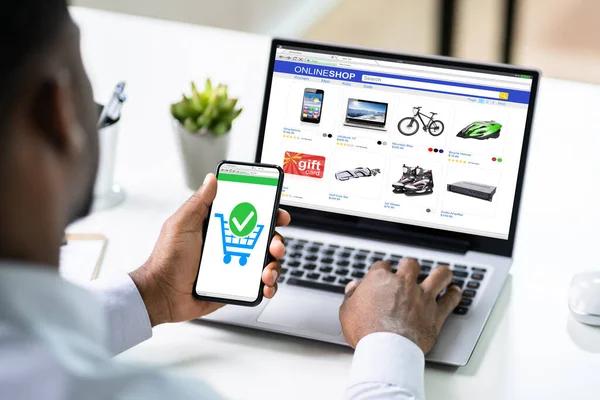Running a small business in Kenya? Discover how you can legally reduce your tax burden with these smart and practical tips.
Essential Tax-Saving Tips for Small Businesses in Kenya
🛡️ Use Debt in Your Capital Structure:
- Lease equipment instead of buying. Lease payments are tax-deductible, reducing your taxable income.
🏦 Utilize Capital Investment Allowances:
- Claim allowances on capital expenditure to lower your taxable income.
🏠 Employ Family Members:
- Hiring family members can reduce taxable income through salary payments.
🏡 Optimize Business Expenses:
- Deduct all business-related expenses like rent, transport, and phone bills.
📈 Take Advantage of Tax Reliefs and Incentives:
- Explore government tax reliefs and incentives for small businesses.
To plan and implement a feasible tax plan, you need a combination of various strategies. These may range from incentives, stock repurchase plans, and investing in export processing zones among others.
Tax management tips for Small Businesses in Kenya
Similar to tax reduction tips for individuals, you can reduce your income tax liability in Kenya by;
- Adjusting/reducing your gross income as well as adjusted taxable income legally.
- Take advantage of tax holidays and incentives.
- Increase Number of Tax Deductions- Deductions are claims of expenses that can help reduce tax liability. It is important to know the type of deductions that apply to your annual plan.
Related: How to reduce your personal income tax burden in Kenya
Tax planning tactics for small businesses in Kenya?
- Use debt in capital structure
- Capital investment allowances
- Invest in Export processing zones (EPZs)
Use debt in capital structure

Using debt in your capital structure can reduce taxes. For instance, if you lease equipment, the lease payments are tax-deductible..
However, you should know that thin capitalization can be penalized. On the other hand, interest on debt that is more than thrice the shareholder’s equity of a company controlled by a non-resident is not tax deductible.
Utilize capital investment allowances
You can reduce the taxable income chargeable to your company income through various allowances on capital expenditure. These are offered as investment incentives to encourage investors to invest in fixed assets
According to Section 15(2) and the Second Schedule of the Income Tax Act, the following are areas allowable.
- Wear and Tear Allowance for fixed assets
- Investment Deduction.
Invest in an Export processing zone
Are you operating a company whose principal market is foreign? You can opt to set it up in a licensed export processing zone (EPZ) to enjoy several tax incentives. A number of them include;
- A 10-year corporate tax holiday
- Significant capital allowances and Value Added Tax exemption
- A 25% corporate tax rate from the 11th year to the 20th year.
Invest in an Offshore business
Under section 42 of the Income Tax Act, you can take advantage of the tax credit schemes and the double taxation treaties. It’s best for you if you are a multinational that can treat foreign tax pau as a deductible business expense.
To enjoy this, establish your business offshore entity in a tax haven country, one with a relatively lower tax rate or one that is tax-free such as Mauritius, Hong Kong, and Dubai
Invest in a venture capital company
Investing in a venture capital company is another method for you to minimize your corporate income tax.
According to the Act, dividends received by a registered venture capital company are tax-exempt.
Additional tax-saving strategies for small businesses
In addition to the above methods, here are additional examples from other jurisdictions. According to SCORE, you can achieve these goals by hiring family members, accounting for business losses, and tracking and accounting for all expenses such as travel, rent, and utilities. Additional options are hiring or consulting a reputable CPA, deducting assets to charity, and utilizing start-up deductions. If your small business is a sole proprietor, you can utilize retirement plan contributions.
Conclusion
The above methods present some available strategies for you to minimize your tax liability as a small business in Kenya. As a tax management or planning advice, Trailblazers recommends you consult a qualified and competent tax expert to craft the best tax plan for you.
These strategies can help you manage your tax liabilities effectively. For personalized advice, consult a qualified tax professional.



